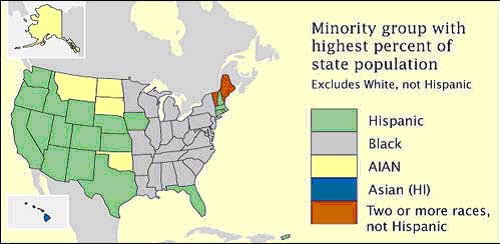Friday, August 8, 2008
Univariate choropleth
Continuously variable proportional circle
http://www.geog.ucsb.edu/~jeff/gis/proportional_symbols_files/map2.jpg
Classed choropleth
Isopleth
Isohyets
http://www.ecohydrology.uwa.edu.au/?f=192830
Isotachs
Isobars
http://z.about.com/d/german/1/0/1/J/aWetteurfronts.jpg
Subscribe to:
Posts (Atom)
